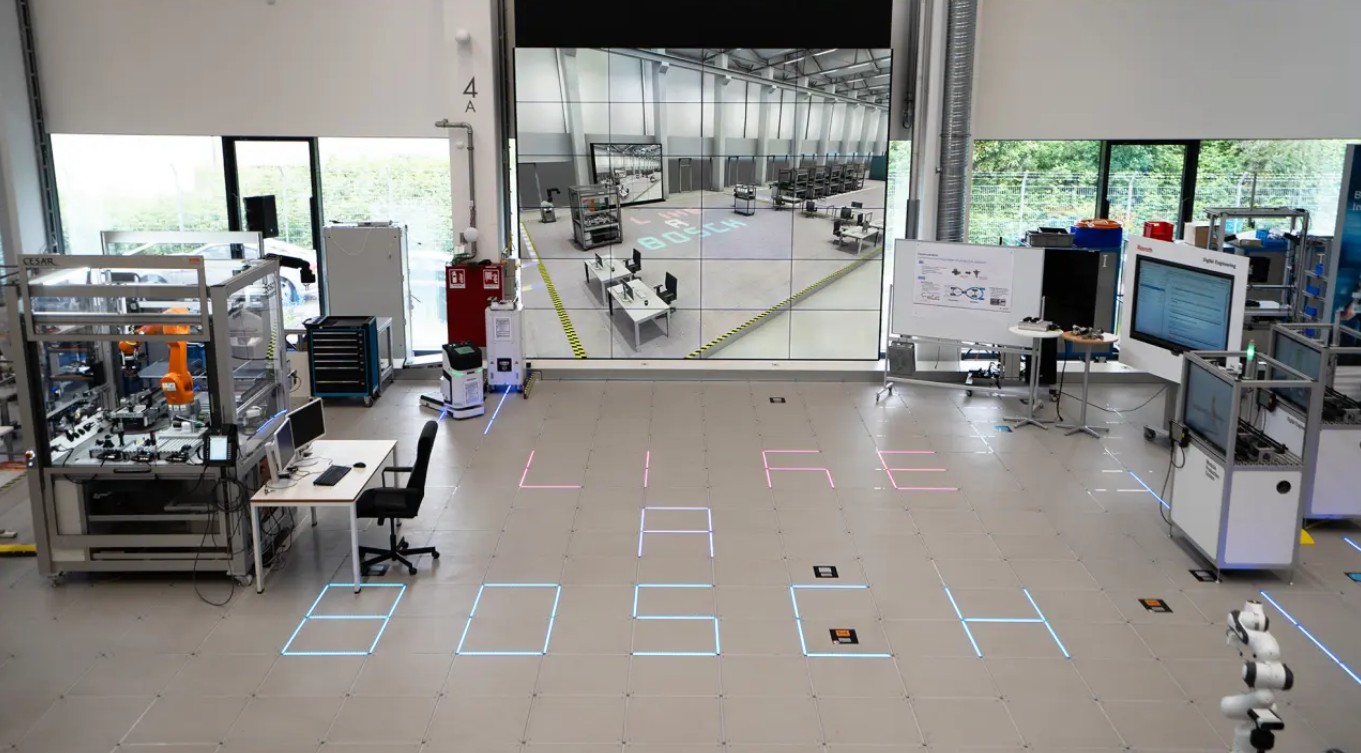According to foreign media reports, a senior executive from German automotive parts manufacturer Bosch has announced that the company will lay off 1,100 employees and restructure its Reutlingen plant in Germany by 2029 due to a sharp decline in automotive market sales. Bosch stated that the production of electronic control units at the Reutlingen facility has lost competitiveness, prompting a shift in focus towards semiconductor manufacturing, which Bosch believes is crucial for its long-term competitiveness. Dirk Kress, Executive Vice President of Bosch's semiconductor business, commented, 'The European electronic control unit market is entirely price-driven and faces intense competition from new entrants. The necessary layoffs are not easy for us, but this move is essential to secure the future of the plant.' The Reutlingen plant currently employs about 10,000 people, and the layoffs will affect both production line staff and logistics positions. Although the company has confirmed the layoff plans, it has not specified whether the layoffs will be conducted through voluntary measures such as early retirement or through involuntary layoffs. This is not Bosch's first large-scale layoff; the company announced plans to cut 5,500 jobs across the organization in November 2024. Currently, German and European automakers face pressures from high costs, fierce foreign competition, and changes in tariff policies between the U.S. and its global trading partners. Bosch's actions are part of a series of layoffs within the German automotive industry. Over the past year, automotive parts suppliers such as Schaeffler and Continental Group have also conducted significant layoffs, and luxury car manufacturer Porsche recently issued a warning to employees about weakening demand in the Chinese market. While Bosch remains committed to maintaining a strong manufacturing presence in Germany, the latest layoff announcement highlights the economic and strategic pressures faced by traditional automotive parts suppliers as they adapt to the rapidly changing global market. The transition to electric mobility, coupled with cost pressures from emerging competitors in China, is forcing companies to reassess traditional business areas, especially those that are no longer cost-effective.
Bosch to Lay Off 1,100 Employees and Restructure German Plant Amid Market Decline

Share this post on: